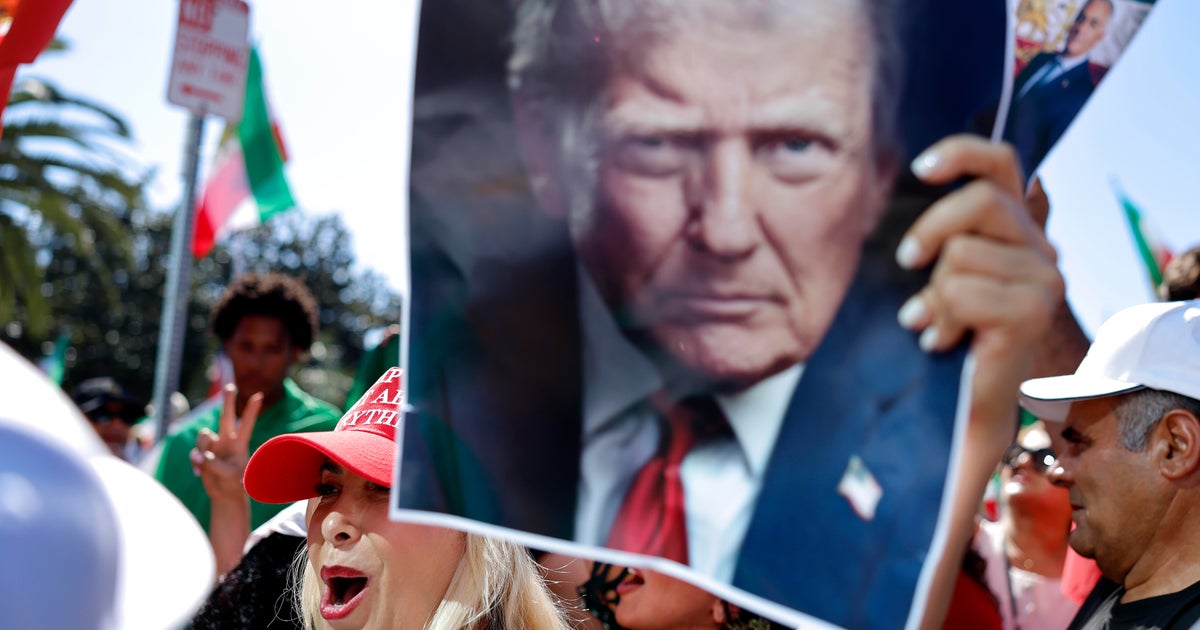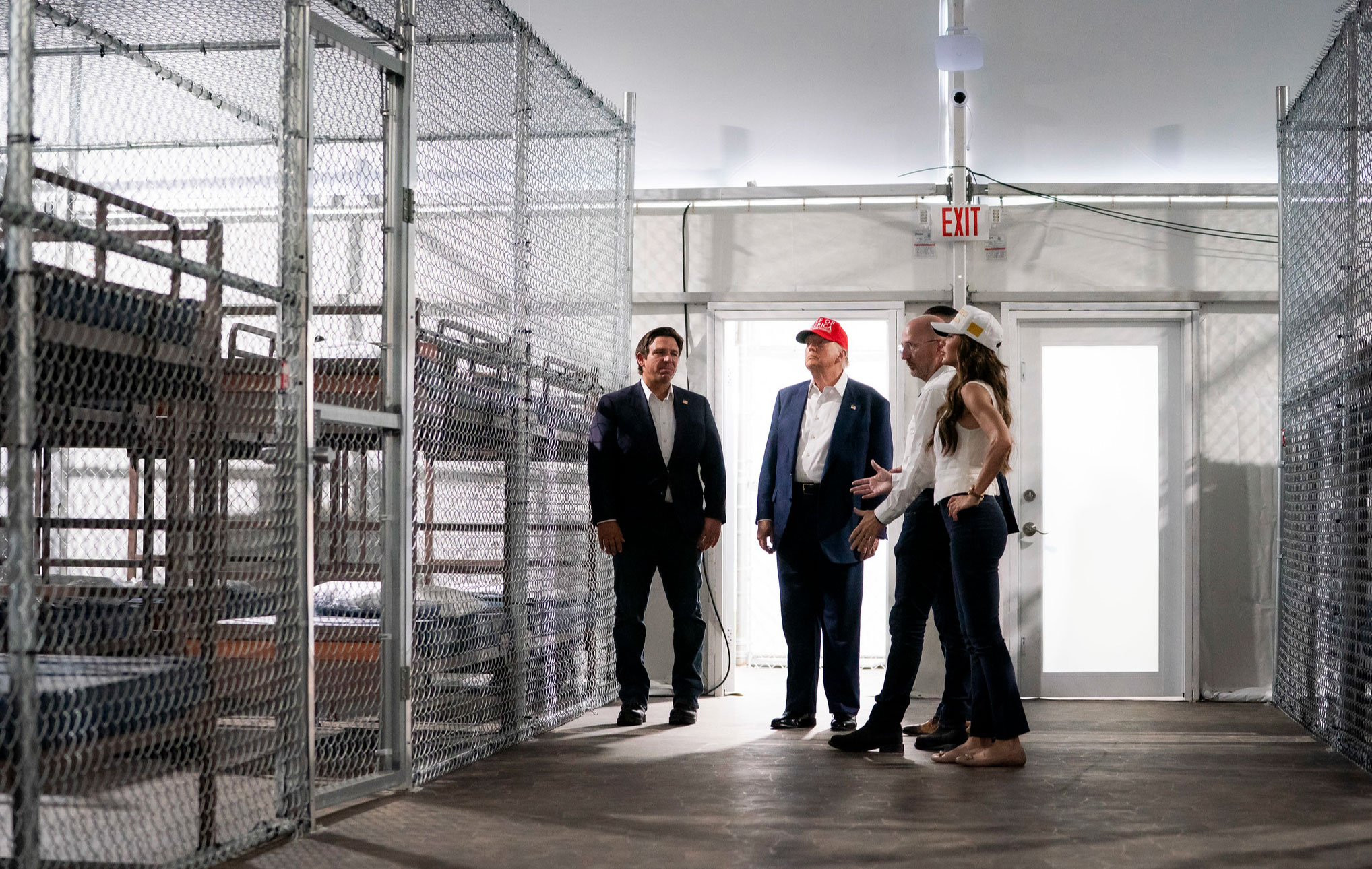Universities respond to Trump travel ban
NEW YORK -- Officials at American universities have responded to President Donald Trump’s executive order on immigration -- speaking out against it or advising university members who are from the seven countries affected by the action not to travel outside the United States.
The president of the University of Notre Dame, Father John I. Jenkins, slammed the order, calling its character “sweeping, indiscriminate and abrupt.”
“If it stands, it will over time diminish the scope and strength of the educational and research efforts of American universities, which have been the source not only of intellectual discovery but of economic innovation for the United States and international understanding for our world; and, above all, it will demean our nation,” Jenkins said in a statement.
“We respectfully urge the president to rescind this order,” he added.
The executive order Mr. Trump signed on Friday put a 90-day ban on the entry of people from seven Muslim-majority countries: Syria, Iraq, Libya, Iran, Sudan, Somalia and Yemen. It also placed a temporary hold on any refugees entering the U.S. for 120 days and an indefinite hold on the entry of Syrian refugees.
Officials at the University of California urged foreign students and faculty who are from the seven countries affected by the ban and who have U.S. visas or are lawful permanent residents not to travel abroad, CBS San Francisco reported.
“At this time, we recommend that UC community members from these seven countries who hold a visa to enter the United States or who are lawful permanent residents do not travel outside of the United States,” UC officials said in a statement.
“We will continue to monitor and analyze the impact of the executive order and will issue additional guidance as soon as possible. Until then, if you are a visa holder or green card holder from one of these countries that is currently abroad, or you have any questions, please contact the International Studies Office on your campus.”
The Bechtel International Center, which serves students at Stanford University, recommended on Friday that nationals of the seven countries listed not travel.
University officials said a Stanford graduate student who is a legal permanent resident of the U.S. was returning to the country from Sudan on Friday when she was detained for several hours at John F. Kennedy International Airport and briefly handcuffed.
“While thankfully she was released, we are enormously concerned about the anguish this episode caused our student and her family, and what it may suggest for others in similar situations,” a statement by Stanford officials said. “An unfortunate consequence of the new policy appears to be that students and scholars from designated countries are, for the moment, effectively detainees in this country.”
The Association of American Universities, which Stanford belongs to, also released a statement that was posted on Stanford’s website.
“We recognize the importance of a strong visa process to our nation’s security,” the statement by the association’s president, Mary Sue Coleman, said. “However, the Administration’s new order barring the entry or return of individuals from certain countries is already causing damage and should end as quickly as possible.”
Massachusetts Institute of Technology Provost Martin A. Schmidt, Chancellor Cynthia Barnhart and Vice President for Research Maria T. Zuber said in an email to the MIT community that the executive order Mr. Trump signed on Friday was “already having an impact” on members of its community.
“While we are very troubled by this situation, our first concern is for those of our international students and scholars who are directly affected,” the email said, according to the university. “We are working closely with them to offer every support we can. We are also keeping close watch on the overall situation and exploring the best options to help and respond.”
Columbia University’s International Students and Scholars Office said in a statement on Saturday that the order is clearly “cause for concern.”
“Please know that ISSO and Columbia stand ready to help in any way we can to support our students and scholars,” it said.
The responses came amid an outpouring of backlash nationwide over the executive order. Protests erupted at airports across the country on Saturday. Others were planned -- or underway -- on Sunday.
“To be clear, this is not a Muslim ban, as the media is falsely reporting,” Mr. Trump said in a statement on Sunday sent out by the White House. “This is not about religion -- this is about terror and keeping our country safe.”



